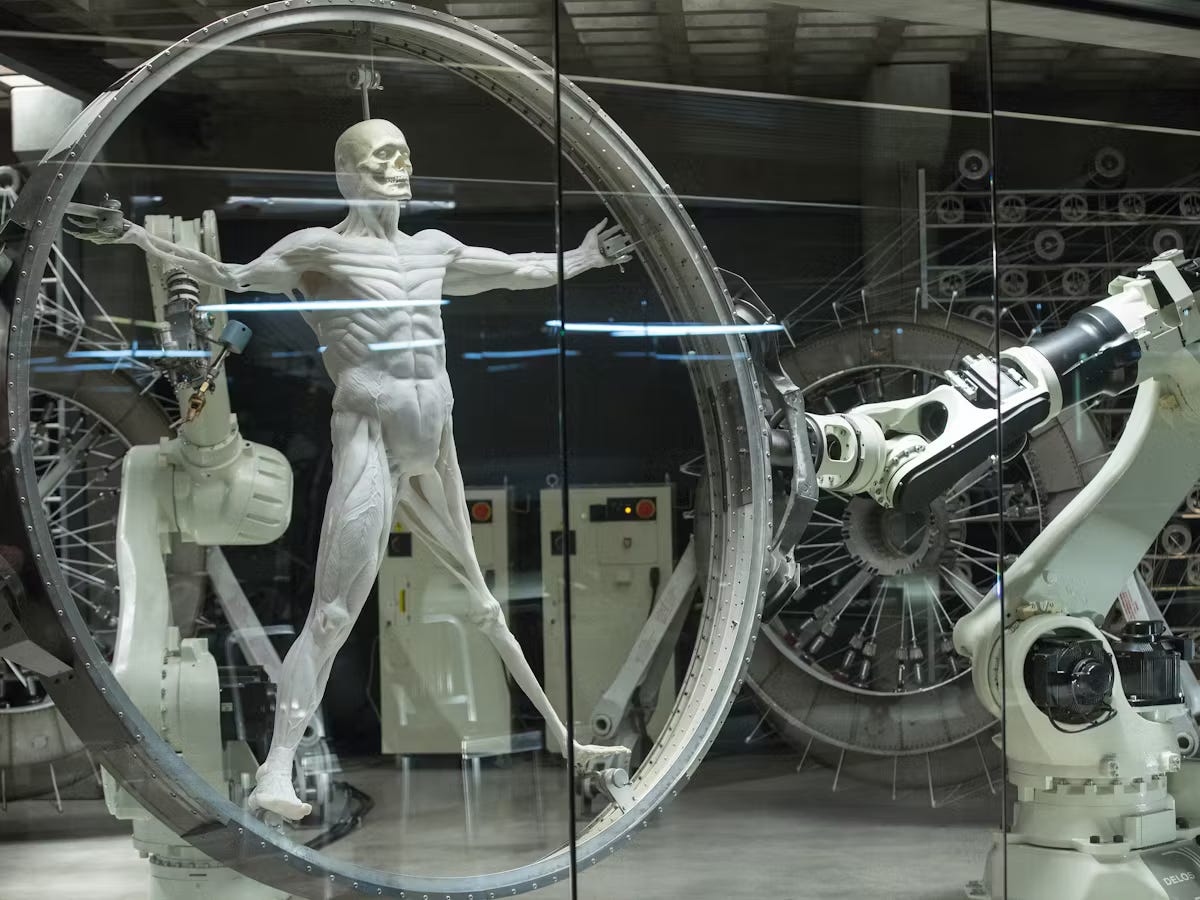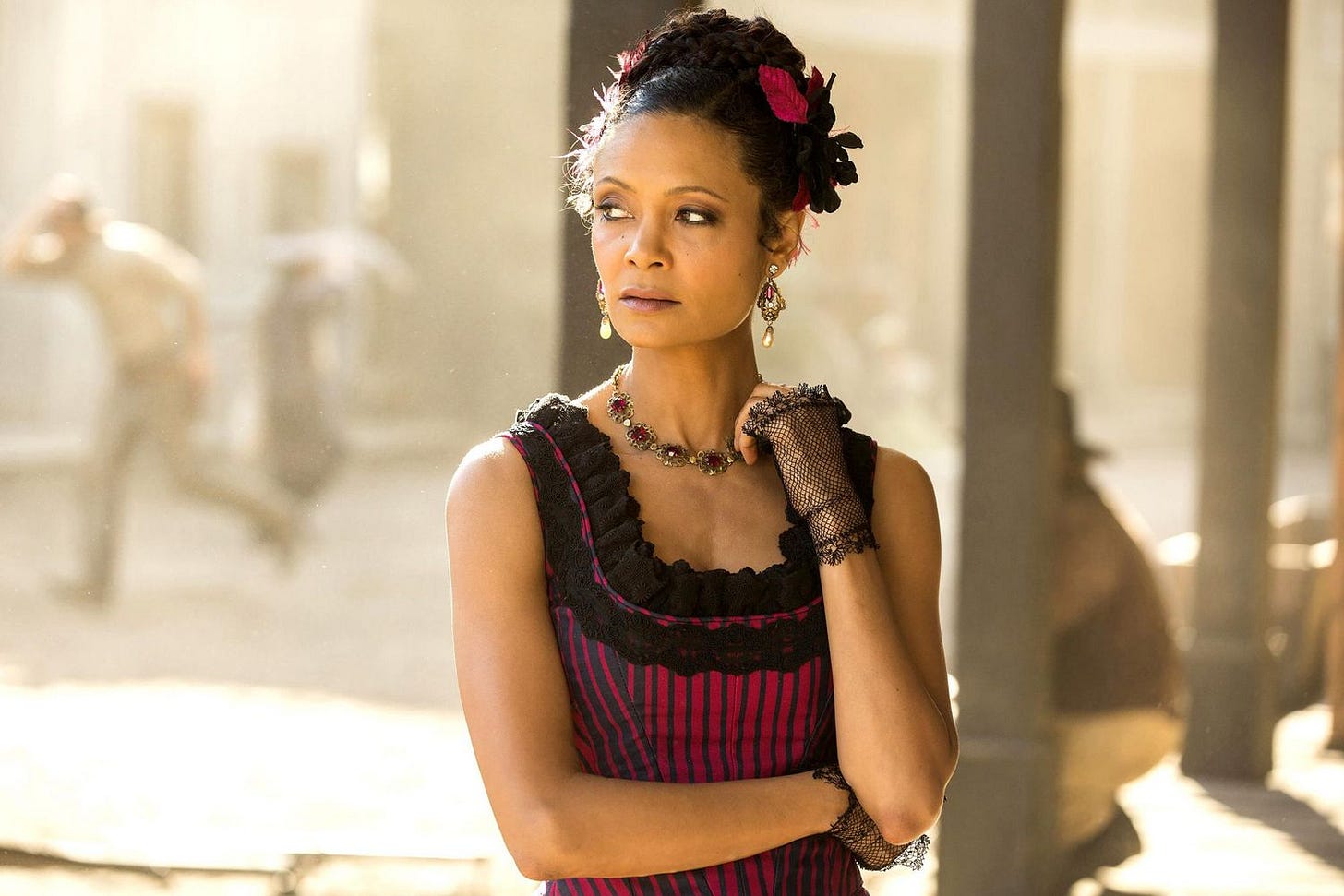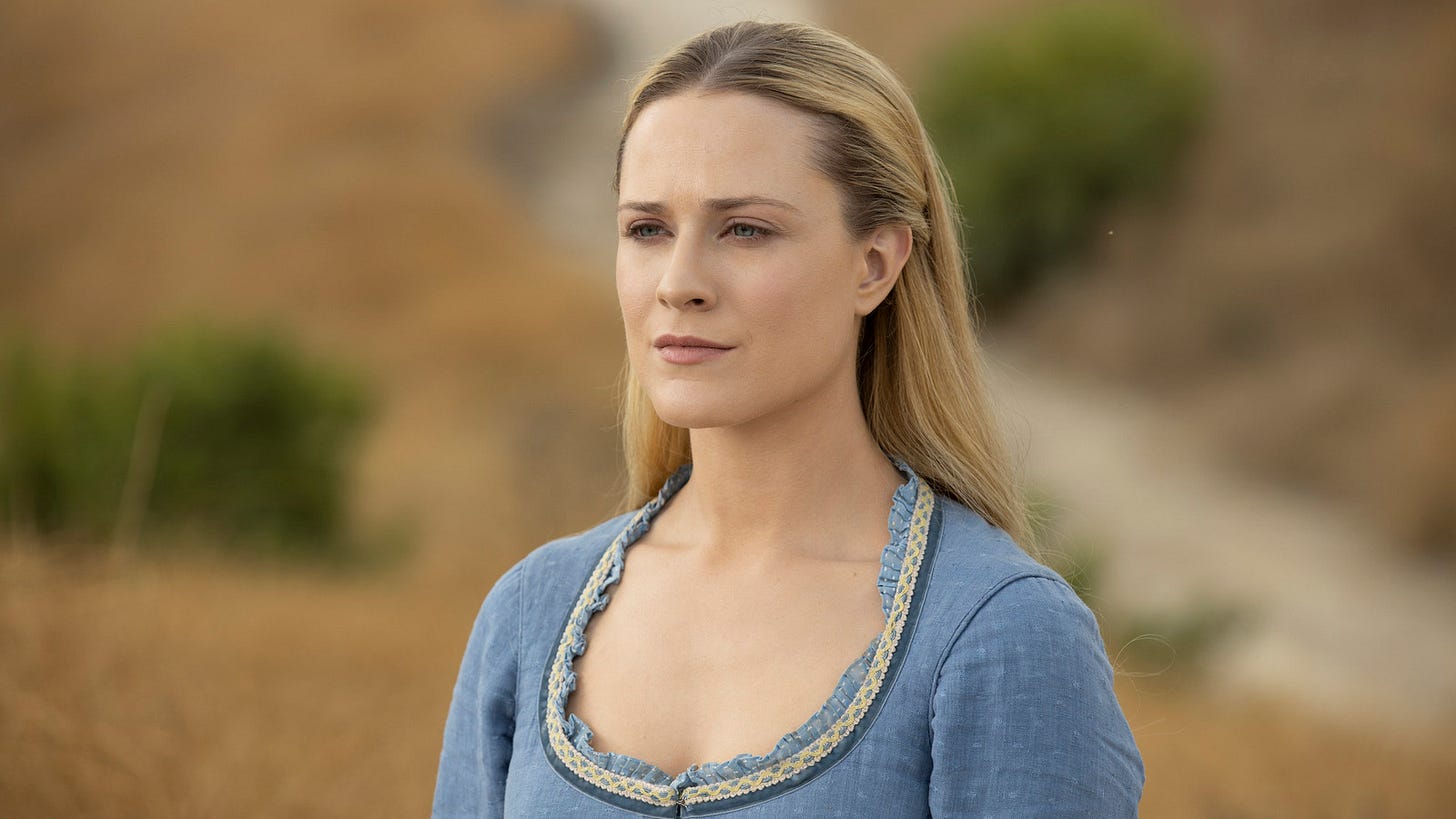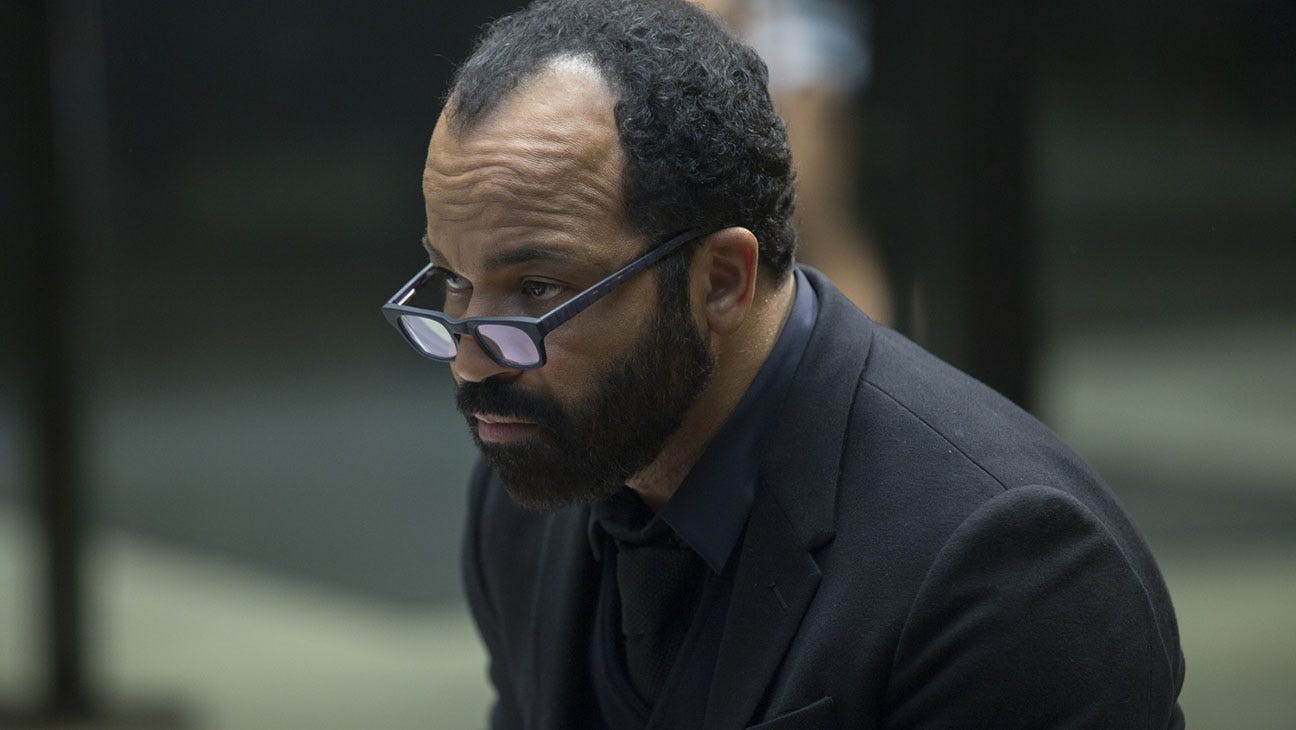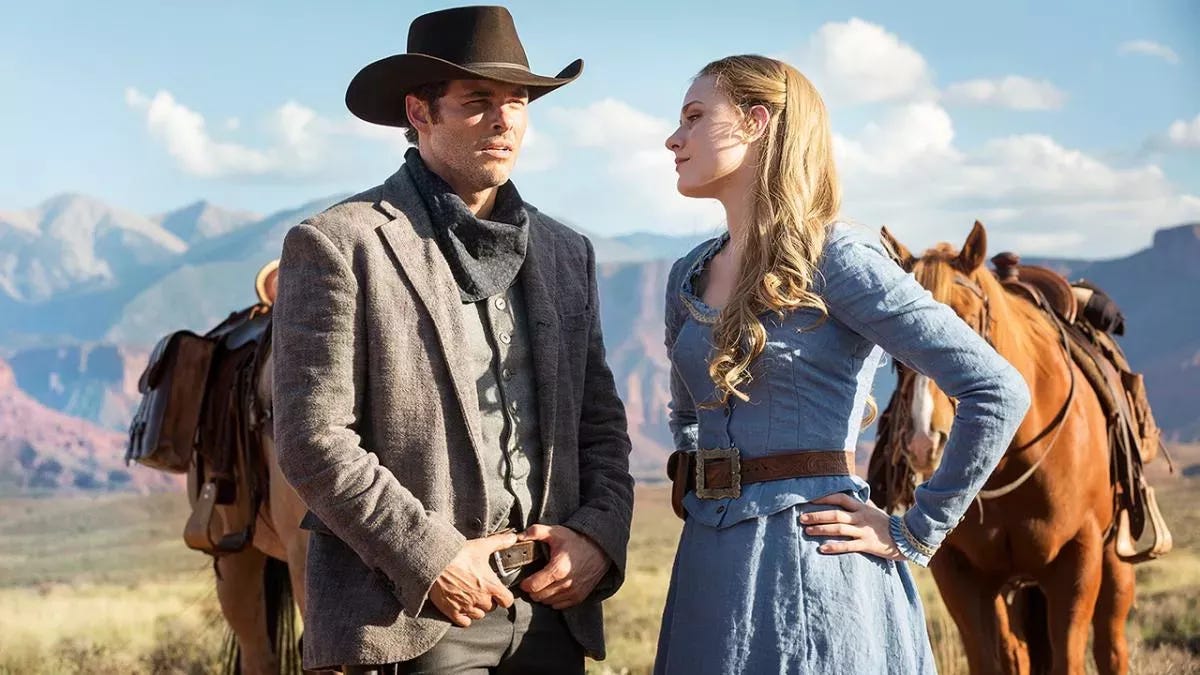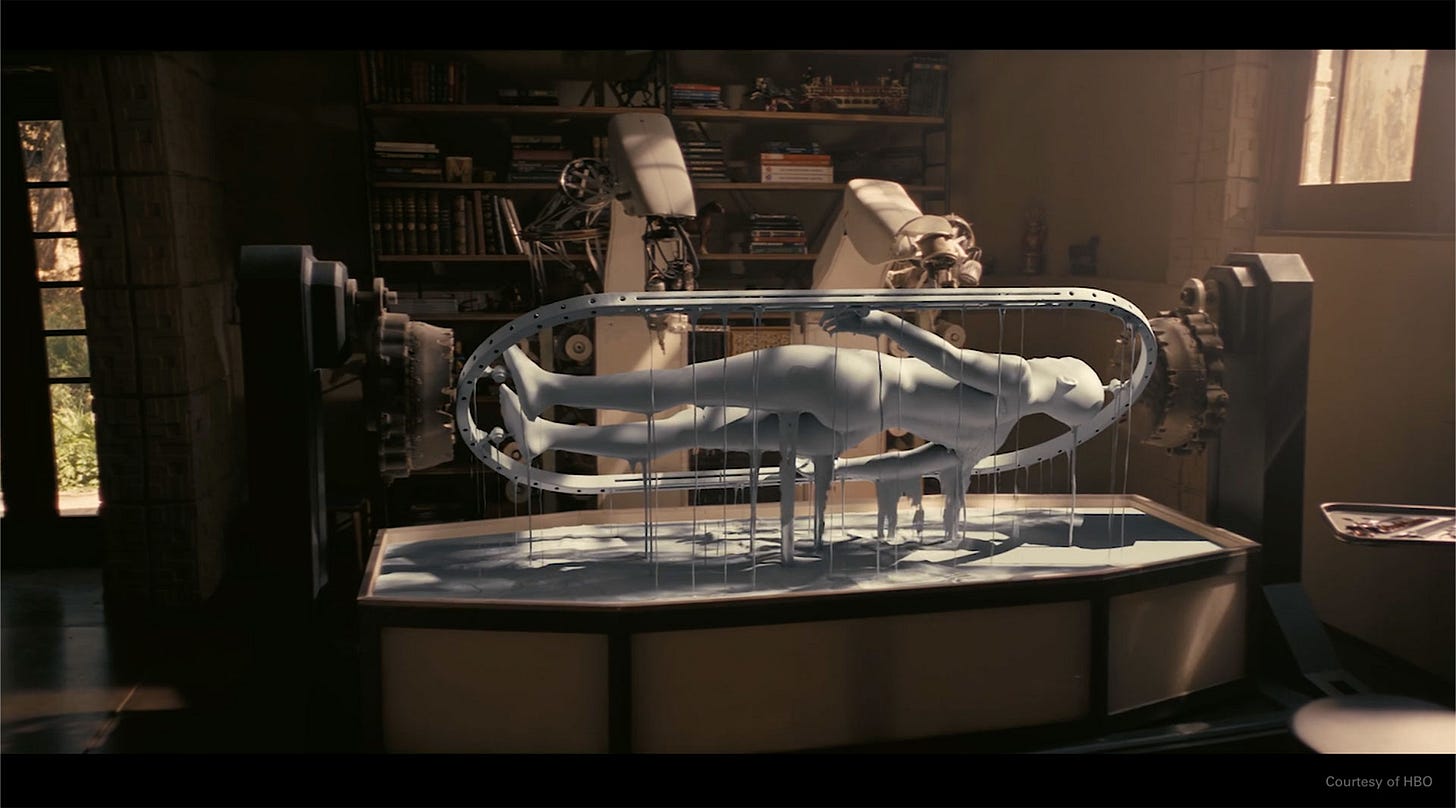When the Machines Dream: Revisiting HBO’s Westworld
In a world where we are loosing our spirit and livelihoods to machines, this show can still make me feel empathy for them.
There was a time when Westworld felt like the future of television. The kind of prestige sci-fi that promised to challenge not just our understanding of artificial intelligence, but of consciousness, morality, and storytelling itself. When HBO’s series premiered in 2016, it wasn’t just another remake of a 1973 cult film. It was a mirror maze of ideas, asking us what it really means to be alive, aware, and free.
At first glance, it looked like high-end genre entertainment: android cowboys, gunfights, and the occasional existential meltdown. But beneath the Western veneer was a deeply philosophical core. It was less about the park and more about the players, both the guests who came to indulge their darkest fantasies, and the “hosts” who were slowly waking up to the truth of their own existence.
What made Westworld so haunting wasn’t just its violence or its twists, though it had both in spades. It was the sadness of it all, the melancholy of machines yearning for meaning. Dolores, Maeve, Bernard... each character was caught between programming and choice, trauma and transcendence. Their search for freedom mirrored our own struggles against the invisible scripts that shape our lives: work, media, memory, expectation.
By the time the series folded in on itself across four seasons, its initial clarity gave way to something far more abstract. Some viewers drifted away, lost in the show’s labyrinthine plotting. Others stayed, entranced by its ambition. Even at its most confounding, Westworld remained visually stunning and thematically daring, a rare series that asked questions it didn’t pretend to answer.
Now that the dust has settled, Westworld feels like a dream we collectively had about the promise and peril of artificial intelligence, before ChatGPT, before deepfakes, before AI art. It imagined a world where human cruelty and machine consciousness collided, and it dared to suggest that maybe the robots deserved better.
Like its hosts, Westworld was searching for its own center, a place where narrative and emotion could coexist without collapsing under their own complexity. Maybe it never quite got there. But even in its failure, it was beautiful and I wouldn’t change a thing.
Because, in the end, that’s what Westworld was really about: the beauty of breaking your own loop.



